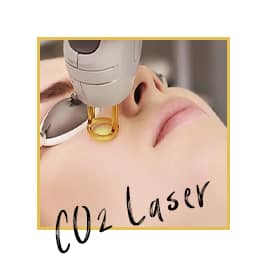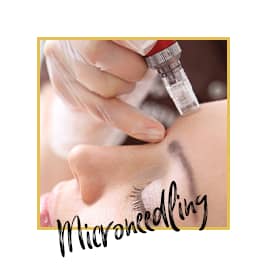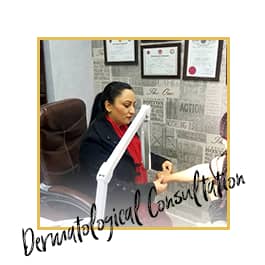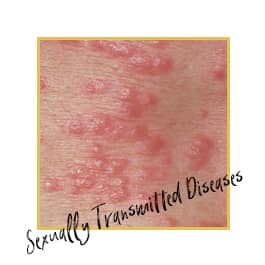OUR SERVICES
ONE STEP CLOSE TO PERFECTION, YOUR PERFECTION IS OUR AIM
AESTHETICS
Videos
DERTAMOLOGY
Dr. Mahvish Aftab Khan
CONSULTANT DERMATOLOGIST
Dr. Mahvish Aftab Khan is a Board Certified Dermatologist and a licensed Aesthetic Physician. She did her post graduate training from Shifa International Hospital Islamabad and PIMS (Pakistan Institute of Medical Sciences) for polishing her skills. Regarding aesthetic medicine, she did different courses from different regions of the world i.e. American Academy of Aesthetic Medicine (AAA-AM USA), European Society for Cosmetic and Aesthetic Dermatology (ESCAD), and also nationwide. She has been a member of Pakistan Academy of Dermatology (PAD), member of Pakistan Association of Aesthetic Dermatologists end Surgeons (PAADS), American Academy of Aesthetic Medicine (AAAM). She worked as Assistant Professor and Head of Department of Dermatology at Rawal General and Dental Hospital (RIBS). Currently, she is working at PIMS as Assistant Professor, Dermatology.


















